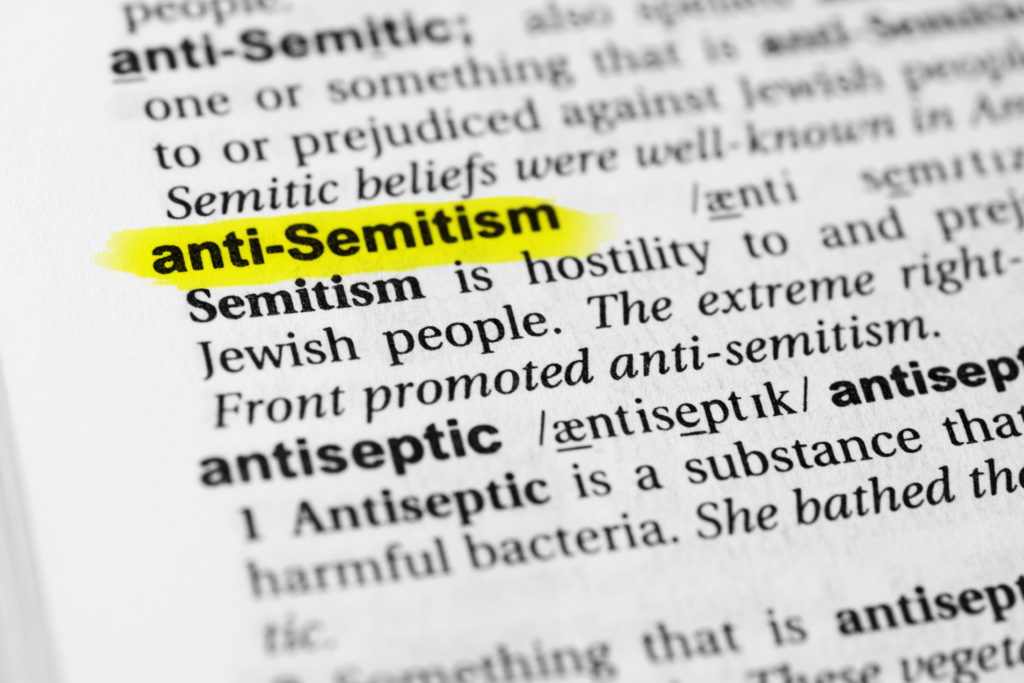
Anti-Semitism is hostility toward or discrimination against Jews as a religious or racial group. The term anti-Semitism was coined in 1879 by the German agitator Wilhelm Marr, to designate the anti-Jewish campaigns under way in central Europe at that time. Although the term now has wide currency, it is a misnomer, since it implies a discrimination against all Semites. Nazi anti-Semitism, which culminated in the Holocaust, had a racist dimension in that it targeted Jews because of their supposed biological characteristics—even those who had themselves converted to other religions or whose parents were converts. This variety of anti-Jewish racism dates only to the emergence of so-called “scientific racism” in the 19th century and is different in nature from earlier anti-Jewish prejudices. On May 26, 2016, the 31 member states of the International Holocaust Remembrance Alliance (IHRA), of which the United States is a member, adopted a non-legally binding “working definition” of anti-Semitism at its plenary in Bucharest. This definition is consistent with and builds upon the information contained in the 2010 State Department definition. As a member of IHRA, the United States now uses this working definition and has encouraged other governments and international organizations to use it as well. “Antisemitism is a certain perception of Jews, which may be expressed as hatred toward Jews. Rhetorical and physical manifestations of antisemitism are directed toward Jewish or non-Jewish individuals and/or their property, toward Jewish community institutions and religious facilities.”
In the US, anti-Semitism is very much still present as hate crimes reached a five-year high in 2016. The next year, anti-Semitic incidents saw an unprecedented surge, and white supremacists marched through Charlottesville, Virginia chanting “Jews will not replace us”. In 2018, the US witnessed the deadliest anti-Semitic attack in its history when a white supremacist opened fire at Pittsburgh’s Tree of Life synagogue. Then, in 2019, according to the Anti-Defamation League, anti-Semitic incidents reached an all-time high, eclipsing every previous year on record. ADL’s most recent Audit of Anti-Semitic incidents in the United States recorded 1,879 acts in 2018, with a dramatic increase in physical assaults, including the deadliest attack on Jews in U.S. history. A wave of anti-Semitic robocalls targeted Jewish schools, JCCs and synagogues, and a significant number of incidents occurred at K-12 schools and on college campuses. Assault, harassment and vandalism against Jews remain at near-historic levels in the U.S. The deadly attacks in synagogues in Pittsburgh and Poway have made American Jews feel more vulnerable than they have felt in decades. According to Pamela Nadell in November, 06, 2019, Senators Jacky Rosen and James Lankford, who describe themselves as “a practicing Jewish Democrat from Nevada and a devoted Christian Republican from Oklahoma,” are spearheading a new effort to fight an old problem: anti-Semitism in America. They have gone far on fighting the vice by addressing it in the senate on a regular basis. However, anti Semitism still persists all over the US.